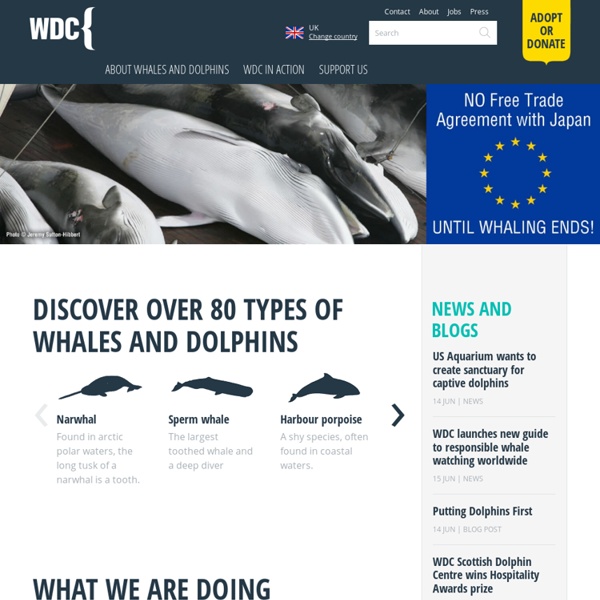



Whaling Whaling is the hunting of whales primarily for meat and oil. Its earliest forms date to at least 3000 BC.[1] Various coastal communities have long histories of subsistence whaling and harvesting beached whales. Industrial whaling emerged with organized fleets in the 17th century; competitive national whaling industries in the 18th and 19th centuries; and the introduction of factory ships along with the concept of whale harvesting in the first half of the 20th century. As technology increased and demand for the resources remained, catches far exceeded the sustainable limit for whale stocks. While the moratorium has been successful in averting the extinction of whale species due to overhunting, contemporary whaling is subject to intense debate. History of whaling[edit] Whaling began in prehistoric times and was initially confined to (near) coastal waters. A modern whaling vessel Modern whaling[edit] Whale oil is little used today[6] and modern commercial whaling is done for food. Japan[edit]
Nottinghamshire Wildlife Trust Baby Orca Tries to Immitate Mommy Science/Nature | Iceland begins commercial whaling Iceland has announced it is to resume commercial hunting of whales. Icelandic ships will take nine fin whales, an endangered species, and 30 minke whales each year. In a statement, the fisheries ministry said the nation was dependent on living marine resources, and would keep catches within sustainable limits. Norway is the only other country to hunt commercially; most are bound by a 20-year moratorium. Currently Iceland hunts minkes for "scientific research". The scientific plan will conclude at the end of the 2007 season, the government said. The announcement has angered conservation groups and anti-whaling nations, with some talking of a legal challenge. 'Sustainable' catch The fisheries ministry said hunting could begin as early as next week, and suggested the meat may be exported, which could prove a contentious suggestion as the trade is heavily restricted under international law. "The number of fin whales in the [area] is estimated at around 25,800 animals. Whales and fish Legal moves
Tree of Life Web Project The Tree of Life Web Project (ToL) is a collaborative effort of biologists and nature enthusiasts from around the world. On more than 10,000 World Wide Web pages, the project provides information about biodiversity, the characteristics of different groups of organisms, and their evolutionary history (phylogeny). Each page contains information about a particular group, e.g., salamanders, segmented worms, phlox flowers, tyrannosaurs, euglenids, Heliconius butterflies, club fungi, or the vampire squid. Eight low-tech ways to keep cool in a heatwave 12 July 2013Last updated at 10:47 ET By Jon Kelly BBC News Magazine Soaring temperatures in the UK have been welcome for some. But how can people keep comfortable when the mercury rises? There are a number of simple solutions which might not always be obvious. Wear wet clothes "The most obvious suggestion to me is that you dampen your clothes," says Cambridge University physicist Lisa Jardine-Wright. In order for the water to evaporate - changing its state from a liquid to a gas - there needs an input of heat energy, she explains. If you use a fan as well, the air blowing over your skin speeds up the process of evaporation, helping you to feel even cooler. "When I was cycling in France it was more than 40C and I soaked my T-shirt in water before I went out. Stick your hands in cold water Plunging your hands into a bucket or a basin full of cold water will help you cool down, says Mike Tipton, professor of human physiology at the University of Portsmouth. Fans next to windows Eat a curry
News and Articles < Ministry of Fisheries The Icelandic Minister of Fisheries has today issued catch limits regarding sustainable whaling during the fishing year 2006/2007, which ends on August 31 2007. None of the planned catches involve any endangered or threatened stocks of whales. They only involve abundant stocks and are linked to Iceland’s overall policy of sustainable utilisation of marine resources. The total stock size of Central North-Atlantic minke whales is close to 70,000 animals, of which around 43,600 are in Icelandic coastal waters. Fin whales in the Central North-Atlantic number around 25,800 animals. The decision involves takes of 30 minke whales and 9 fin whales, during the fishing year 2006/2007 which ends on August 31 2007. These takes equal less than 0.2% of the number of minke whales in Icelandic coastal waters, an even smaller fraction of the total stock, and less than 0.04% of fin whales in the Central North Atlantic. Iceland is one of several countries that catch whales. Declaration Questions and Answers
Home » Marine Conservation Institute i ❤ ipad